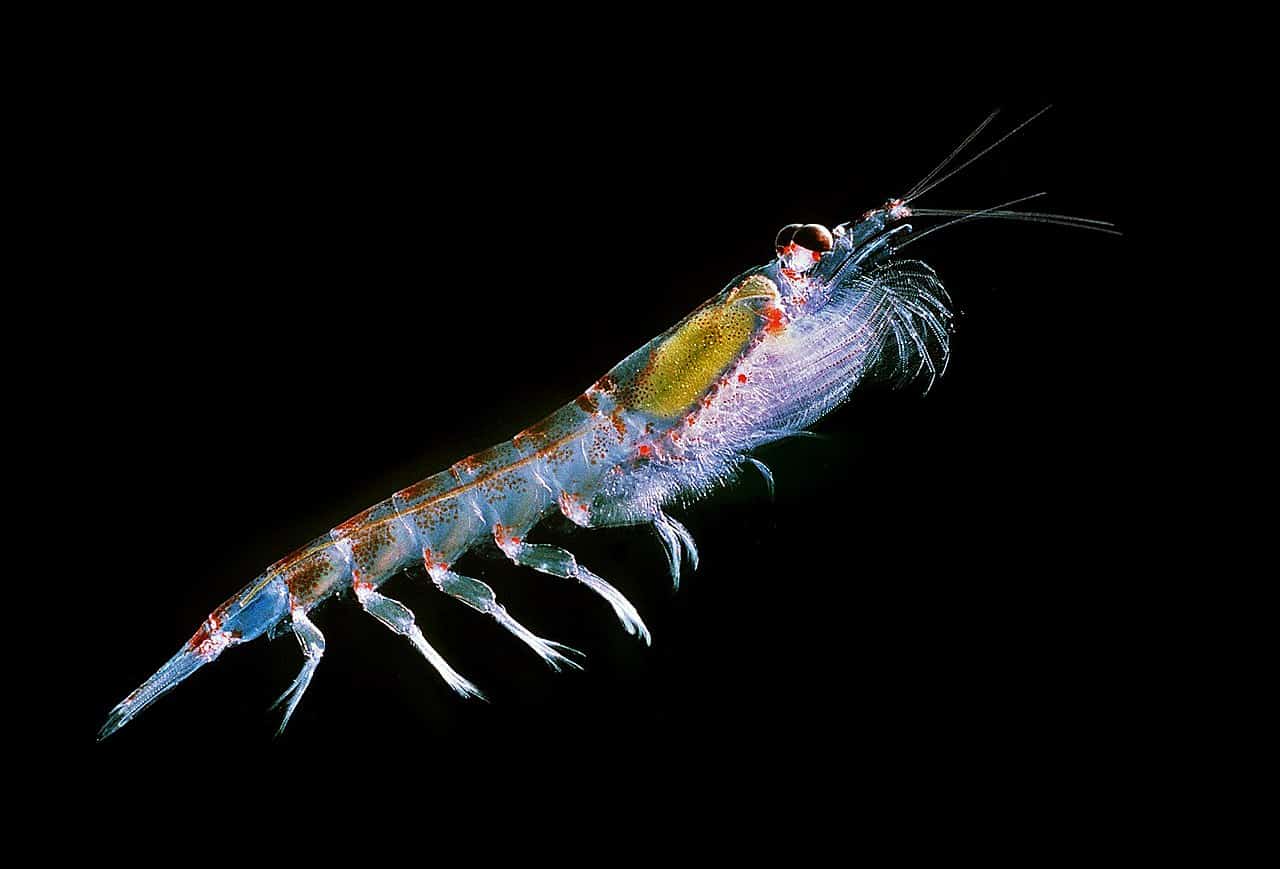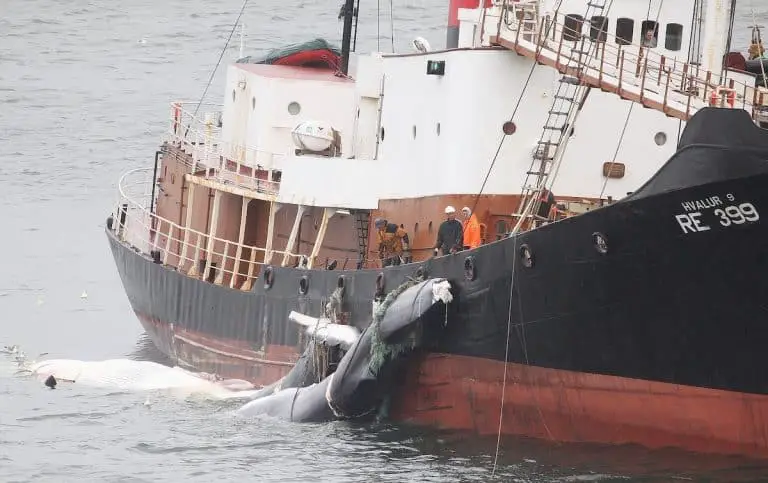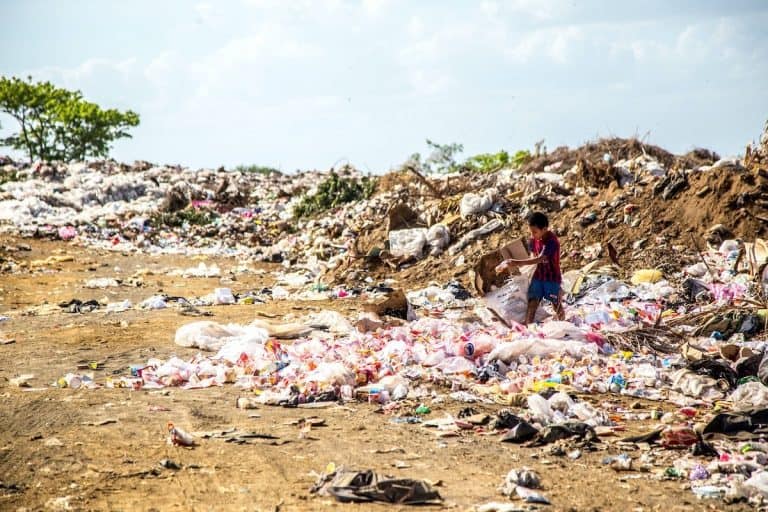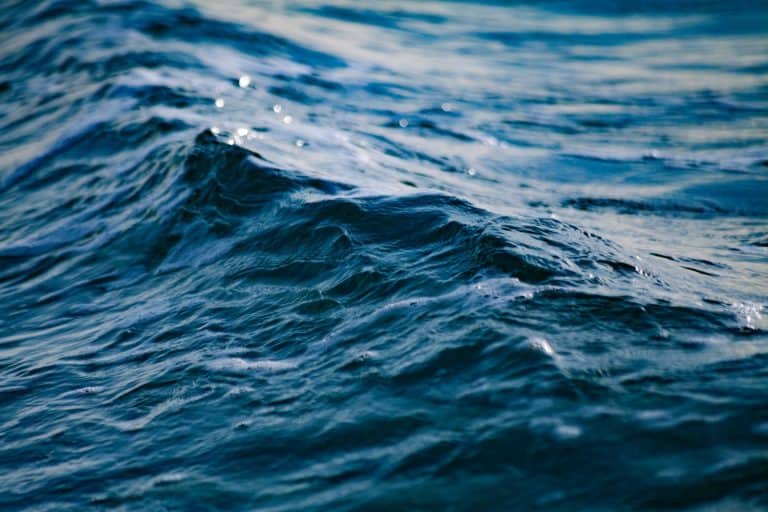Two days ago, the gavel came down in an adjudication decision which may, more than any other recent hammer-strike, determine the future of fishing and sustainability of krill fisheries: The Marine Stewardship Council (MSC) officially bestowed its blue-and-white fish-check label to a massive factory operator that targets Antarctic krill.
This is not a good thing.
Antarctic krill are tiny shrimp-like crustaceans that cluster in vast multitudes (known as “blooms”) in the waters of the Southern Ocean. They form a critical building block in the oceanic food web: small fish consume the krill before being eaten themselves by seals, penguins, toothfish, and other animals.
Krill are also a primary source of nourishment for migratory whales — in fact, the majority of the world’s baleen whales journey to the southern ocean to feed on krill and replenish their energy supplies after depleting their reserves during their mating and calving seasons.
While krill in their vast numbers do seem on the surface to be an “inexhaustible resource,” one would hope that, by this time, we have learned that this mindless assumption will never be accurate in regard to any of the inhabitants of our finite planet. There is no such thing as an inexhaustible resource. Ask any great auk or passenger pigeon, they’ll tell you.
Oh, wait — you can’t ask them.
Because there aren’t any left.
Because there’s no such thing as an inexhaustible resource.
Trouble bath
There are a few things that we are certain of about krill. The first is that the tiny animal, like many other sea creatures — especially crustaceans — is vulnerable to climate change, especially through the ocean acidification trends resulting from the rising levels of carbon dioxide in our atmosphere. Nowhere in the Marine Stewardship Council certification system are the potential effects of climate change even discussed, let alone taken into account by the methodology. Strike one.
Next, we know that Antarctic krill exist in the Southern Ocean – an area adjacent to a land mass that is uninhabited by humans. The simple fact that we are sending fishing vessels into this area bespeaks an unsustainable paradigm, known as finite expansion.
There is a certain amount of ocean on this planet. That we continue to fish farther, deeper, and longer simply underscores the fact that we are not approaching the management of our oceanic resources from a sensible and comprehensive standpoint that would account for the idea that one day – one day quite soon, actually – these fishing boats are going to bump up against the ice shelf. No more expansion. What then?
The Marine Stewardship Council methodology again fails to even consider these perspectives, concentrating instead on discrete management techniques that do not consider the idea that sustainability is more than a fishery-by-fishery label – it is a way of looking at the world. Strike two.
Little critter, big mystery
Finally, we know that we have only a very rudimentary understanding these tiny animals. Krill have been studied only cursorily and we have almost no knowledge of their life history and behavior. It is irresponsible in the extreme to proceed with the certification of a fishery that is so cloaked in mystery – we have no idea what kind of damage we could be doing. Strike three.
And yet in the face of all these worries, the rubber stamp comes down and the MSC pronounces the krill fisheries to be sustainable. Let’s not forget that vehement objections to this certification have already been lodged by the Pew Environment Group and the Antarctic and Southern Ocean Coalition. These objections were overruled — but let us not forget that the three strikes listed above were not taken into account in the decision, as they are simply not part of the MSC methodology… and if something isn’t part of the system, it apparently doesn’t have any relevance on reality. Or so the adjudication decision would lead one to believe.
In search of pink gold
There is a conceptual concern here too. The certification of this fishery gives an unofficial nod to the basic idea that vacuuming up the tiny life forms forming the foundations of the oceanic ecosystem is an acceptable practice. In reality, it’s not. Even the United States fishery management authorities banned fishing for krill in US waters, specifically to allow it to remain in the ocean as a food source for other organisms. Legitimizing and expanding Antarctic krill fishing is simply transferring our unceasing resource demand to a hitherto unrecognized protein source. This is not the way to move forward – in fact, pulling too hard on this loose yarn just might unravel the whole tapestry.
The certification of krill makes no sense. It’s a minuscule building-block animal on the other side of the world that simply doesn’t belong to us. We can’t even eat it – the krill will just be used to make oil, fish food, and other rendered products. And for this, we may end up short-changing whales, toothfish, seals, and other animals – all because the powers that be refuse to look at the entire issue from a larger perspective.
Fishing for krill will not feed the world — but it just might end up starving it.
Casson Trenor
Casson Trenor is a frequent commentator on sustainable seafood issues. He has been featured in regional, national, and international media outlets, including CNN, NPR, Forbes, New York Times, Boston Globe, Christian Science Monitor, San Francisco Chronicle, Los Angeles Times, Seattle Times.




